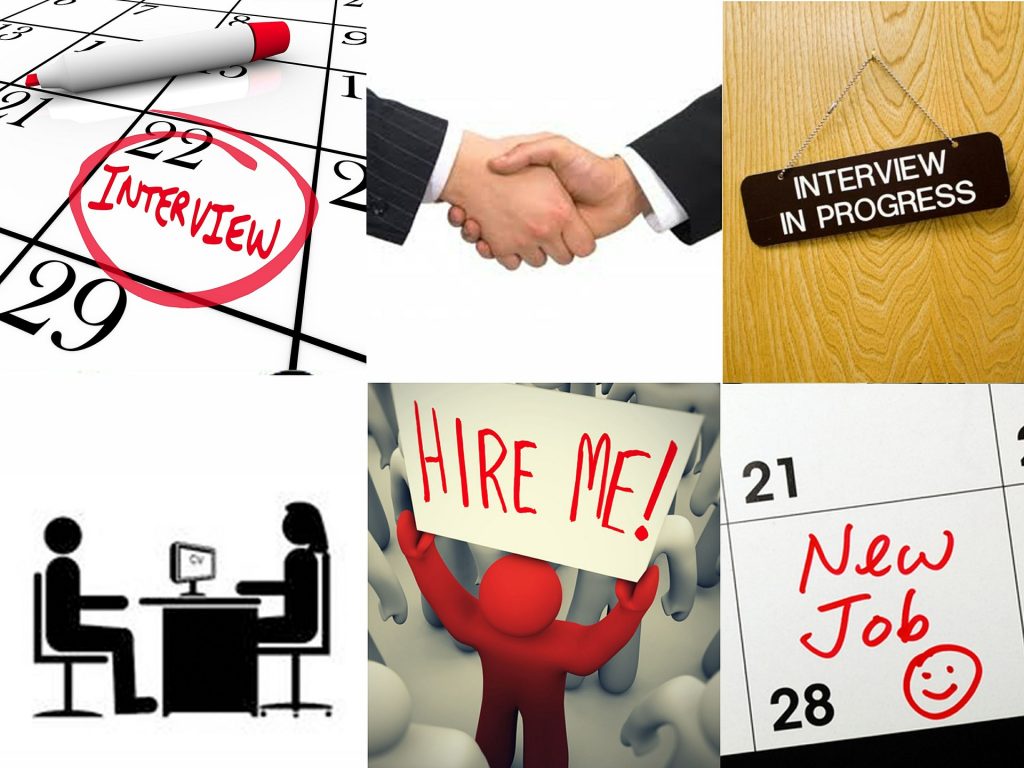Congratulations on scoring your first interview. You likely have researched things you should do in an interview. This article focuses on the equally important topic of things you should not do in your first interview.
1.Don’t Let Your First Interview be Your First Interview
Interviews can be nerve-racking, especially your first interview. Don’t make the mistake of letting your first “real” interview be your first interview. Include mock interviews in your preparation process.
Mock interviews are conducted in a simulated environment, and constructive feedback is provided. Maximize the value of your mock interview by making it as realistic as possible. Prepare as if the interview were real. Take it seriously, dress professionally, and be prepared to ask questions.
If you are in college, set up a mock interview with your campus career center. Alumni may be able to participate in online or recorded mock interviews via their alma mater’s career center. Run through as many mock interviews as necessary to polish your interview skills.
If you don’t have access to a formal mock interview, record yourself answering questions. A quick online search can generate a myriad of interview questions as well as do’s and don’ts for answering common questions. Practice responding to behavioral interview questions as well. Review your video, and critique yourself. Repeat the process until your answers are clear, concise, and flow smoothly.
2.Don’t Overemphasize How the Job Can Benefit You
You may have applied for this job simply because you need a job, or because it is your dream job. The rationale to apply, however, differs from the rationale to hire. Don’t waste time trying to convince your interviewer that you need the job or that the job is perfect for you. Be enthusiastic about the job, but emphasize the qualifications and skills you bring to the company.
3.Don’t be Generic
You have convinced the company that your qualifications merit further evaluation. Don’t bomb the interview by being too generic with your accomplishments.
As you prepare for your interview, outline the position’s qualifications, duties, and responsibilities. Be able to intelligently articulate how your qualifications, hard and soft skills, and experiences align with the position. Be ready to answer specific questions with tailored examples.
Further, read and understand the company’s mission statement and vision. Check the company website and social media sites regularly before your interview. Be ready to discuss current topics. Develop a couple of questions to follow up on during your interview. Doing so demonstrates that you have done your homework.
4.Don’t Underestimate the Importance of Professionalism
Professionalism can make the difference between getting an offer and getting passed by.
Understand that your interview starts when you arrive. Demonstrate professionalism by arriving early. Be courteous to everyone you meet. Greet others with a firm handshake, and remember to smile. Turn your phone off and put it away, even while waiting in the lobby.
Dress professionally, and be well-groomed. If you are a college student and have not yet developed a professional wardrobe, check with your campus career center. Many offer free or reduced-cost professional clothing to students who are interviewing.
5.Don’t Send the Wrong Message
Sending the wrong message, even with the right credentials, can undermine your success. Wrong messages include insecurity, arrogance, and negativity.
Interviewing for your first job likely means that you don’t have a lot of experience. Your interviewer already knows that and still wants to interview you. Although you might be nervous, don’t show insecurity in your body language. Sit up straight, and look the interviewer in the eye.
Answer questions honestly and with confidence, but do not be arrogant. Showcase your accomplishments, and give appropriate credit to others on your team. Clearly articulate your role on team projects to demonstrate your ability to contribute.
Negativity can be a deal-breaker. Don’t complain about your courses, teachers, or internship supervisor. You may be asked to “Tell me about a time when you had a conflict with a teammate. How did you handle it?” Be honest, but focus on the positive aspects such as a resolution or a change that resulted.
Relax, and remember the company is interested enough to interview you. Seal the deal by following these five tips, and ace your first interview.
This article was originally published on Recruiter.com.
By integrating leadership skills, soft skills, and academic success skills, Dr. Green empowers students to enhance their academic performance while building career-readiness skills that employers seek. Visit http://www.caryjgreen.com/ for information on his new book, Success Skills for High School, College, and Career. Connect with Cary on LinkedIn.

